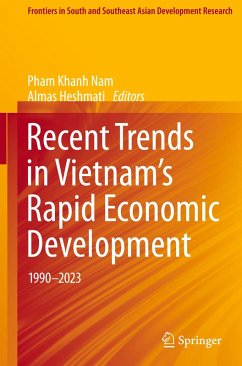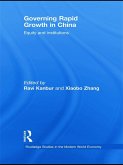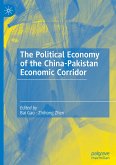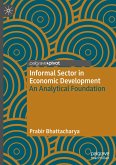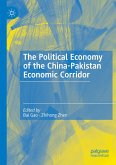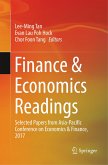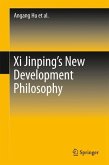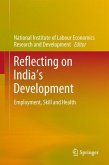This book offers an up-to-date and comprehensive picture of the Vietnamese economy which is the fast-growing economy in Southeast Asia. The country has invested heavily in education, health, and development infrastructure across the country. Progress in recent decades has been strong and Vietnam has attracted significant relocation and outsourcing of production from OECD countries. In recent years much of the withdrawn foreign direct investment from China is channeled to Vietnam. The state's development policy has created optimal conditions for further expansion of production, supply chain, education and finances. Investment in education, health, infrastructure, administration, and regulations is facilitating investment inflows, technology transfer and spillover to the growing national companies. The educated young population and disciplined labor force have provided a strong basis for the growth in the economy. The high level of productivity, improved quality of products, low and competitive cost of production, and more than 100 million people provide a strong base for a continued economic growth.
This edited volume is written by the professional, young, educated, and active entrepreneurial generation with good insights into the features of the economy and its development potential. They provide an up-to-date view and empirical research-based picture of the recent trends in Vietnam's economic development. The target audience are educators, undergraduate and graduate students, domestic and foreign investors, government agencies, provincial and industrial sector decision-makers, trade partners, libraries, individual researchers, and professional and practitioners. This book helps to fill the gap in knowledge and inform development planners and investors about different sectors of the Vietnamese economy and its development potential.
This edited volume is written by the professional, young, educated, and active entrepreneurial generation with good insights into the features of the economy and its development potential. They provide an up-to-date view and empirical research-based picture of the recent trends in Vietnam's economic development. The target audience are educators, undergraduate and graduate students, domestic and foreign investors, government agencies, provincial and industrial sector decision-makers, trade partners, libraries, individual researchers, and professional and practitioners. This book helps to fill the gap in knowledge and inform development planners and investors about different sectors of the Vietnamese economy and its development potential.

